Guide To Buying Land in New Zealand [2024]
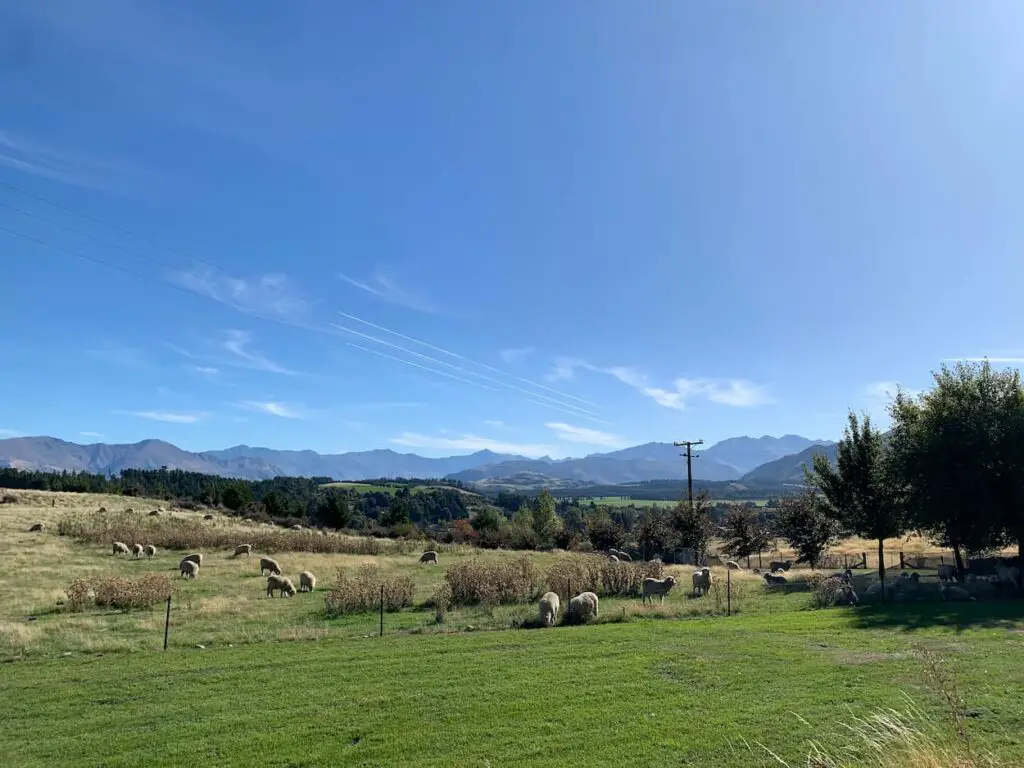
Have you been thinking of investing in the property market in New Zealand? Do you want to own a lifestyle property with livestock in calm Taranaki or a section in a lovely suburb of Wellington, maybe? There is something for everyone. Obtaining a piece of land in New Zealand is an excellent opportunity to make something big for yourself.
The process of buying land in New Zealand is a relatively more complex one than purchasing a house. Foreign buyers need to consider factors like rules and legal requirements, such as the Overseas Investment Act, cost of sections, types of ownership, and the ups and downs of the market.
Don’t worry; we are here to guide you! In this article, you will learn about how to make a great investment and the ultimate guide to buying land in New Zealand. Read on to discover more.
Are you about to get a mortgage in New Zealand? It can be challenging to do as a foreigner. Read our guide on the easiest banks to get a loan in New Zealand.
Can a foreigner buy land in New Zealand?
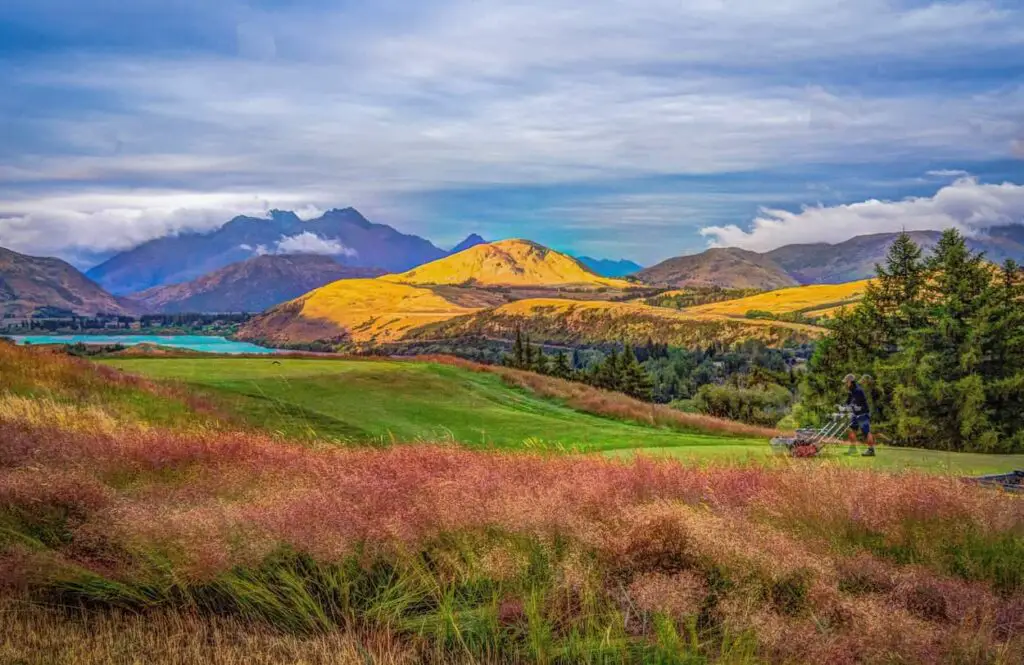
In general, only citizens and residents are eligible to buy land in New Zealand. But there are some exceptions, and other investment opportunities are available for foreigners.
While there are rules and guidelines to the whole process, the simple answer to the question ‘Can a foreigner buy land in New Zealand’ is yes! You can also check your eligibility for buying a house or land in New Zealand on Immigration.govt.nz.
First, let’s consider the legal requirements for New Zealand citizens, both residents and non-residents, to understand the rules for foreigners.
New Zealand citizens or permanent residents who fall in the ‘ordinarily resident’ category can buy land without any restrictions.
For permanent residents, if you meet the following four criteria, you are eligible to buy land in New Zealand:
- Have a residence class visa
- Have been in New Zealand for a minimum of 183 days in the past 12 months before you buy the land
- Have lived in New Zealand for a minimum of 12 months in the last year
- Are a tax resident of New Zealand
But, in the case of non-residents, the rules are slightly different. In this situation, you need to have consent from the Overseas Investment Office due to the Overseas Investment Amendment Act, which has been in force since 2018.
You don’t need to apply to the Overseas Investment Office for consent to buy land if you:
- Own a resident class visa without being ordinarily resident yet
- Are a Singaporean or Australian citizen or permanent residence without being ordinarily resident
Australian and Singaporean passport holders are exempt from the Overseas Investment Amendment Act.
Now, let’s understand the rules for buying land as a foreigner. You cannot buy land in New Zealand if you are an overseas person:
- Without any visa
- With a temporary or transit visa (student, work, visit visa)
The requirements to buy land as a foreigner are:
- Apply for consent to the Overseas Investment Office
- Reside in New Zealand for at least 183 days before the date of buying
- Become a tax-paying resident
- Become ordinarily resident in New Zealand within 2 years of the consent date
After New Zealand introduced Overseas Investment Amendment Act, most non-resident foreigners aren’t eligible to buy existing homes classified as “properties on sensitive land.” Potential buyers will need consent from the Overseas Investment Office if the property falls into three groups: sensitive land, significant business assets, and fishing quota.
The Overseas Investment rules vary depending on the type of land. You need to apply as soon as possible if you want their consent.
An easy and flexible option suggested by the Overseas Investment Office is to apply for pre-approval, which lasts up to one year.
Besides buying land for living or business in New Zealand, a common type of land that is bought is farmland. Farmland is such land that is purchased and used exclusively for agriculture, horticulture, raising livestock, or pastoral needs.
For buying a piece of land for agricultural purposes, the same rules and requirements apply as mentioned above (respectively for residents, non-residents, and foreigners).
However, what you need to keep in mind is that your application for consent may be affected in several ways. If you are applying for approval, make sure that the agricultural land is advertised for sale in the market.
If you’re bringing in an application for consent to obtain more than 5 hectares of land, then the farmland benefit test is likely to take place.
Read more about rules and regulations related to buying land in New Zealand.
Buying property in New Zealand as an Australian citizen
Fortunately, Australians can buy both land and houses in New Zealand. They are exempt from the Overseas Investment Amendment Act. Hence, they don’t need approval from the state and also don’t require to pay a national surcharge for foreign investors. Therefore, you can buy any time of property in New Zealand.
Moreover, permanent residents of Australia enjoy the same privileges when it comes to purchasing property in New Zealand!
Lastly, as an Australian, you pay taxes on income generated from your New Zealand property in Australia.
Deposits and loans for land in New Zealand
Before jumping headfirst into the final step of finalizing your buying, consider the total costs, loans, deposits, and mortgages.
A plot of land within the city boundaries has access to basic utilities. This means the minimum deposit required would be 20%. A plot of land as a lifestyle block or farmland will have you put in a deposit of 20% to 50%.
The next thing is loans and mortgages. Getting a loan for buying land differs greatly from getting a home loan. You will need to consider two crucial steps:
- Arranging a mortgage for the land itself
- Arranging a construction loan mortgage if you want to build on your land.
Lending money for land purchase is a risky process for lenders. Buyers don’t immediately gain profit from their piece of land, which makes it less attractive as they may experience a drop in value.
The possibility of a risky situation is great because if the buyer ends up defaulting, the lender has to bear the loss of selling an empty piece of land.
It’s in your best interests to consult or hire a mortgage broker for the process of financing land and construction purchase. In this way, you can avoid unwanted troubles and receive professional advice.
How much does land cost in New Zealand?
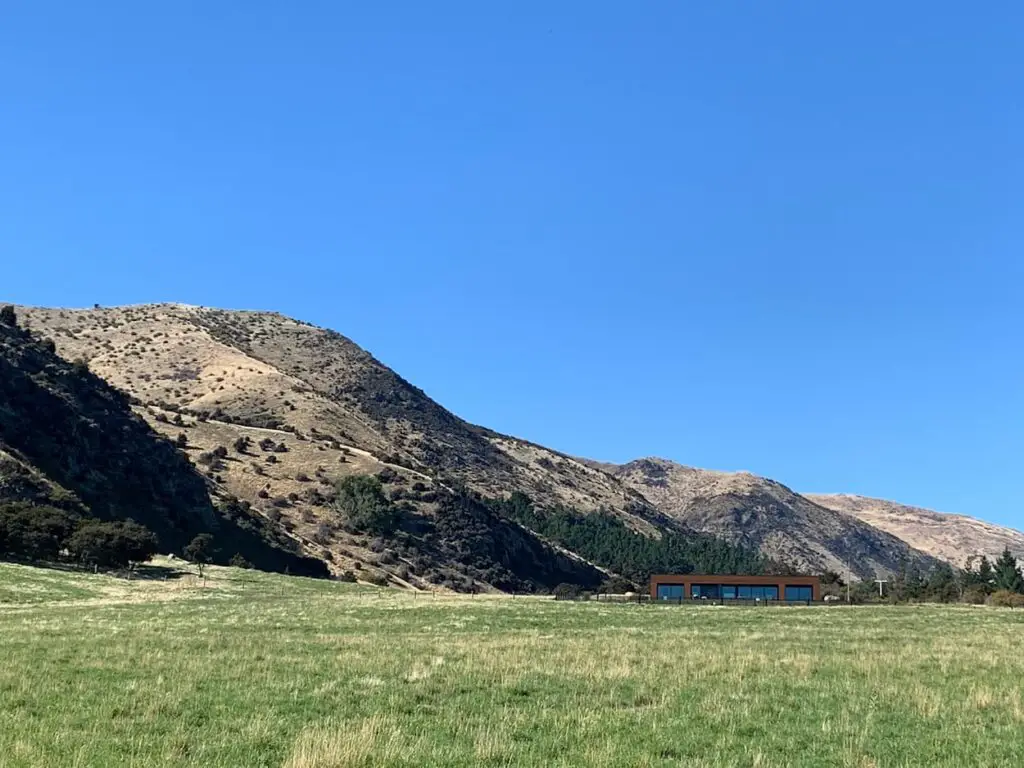
The rising house prices have been the center of attention in recent years. But what is surprising is that land prices have reached new heights as well.
The cost of land is the basic building block in the price of a home, business, or rural lifestyle. Land takes up about 60% of a median house price. An increase in the demand for housing eventually increases land prices as well.
The cost of the section varies by region in New Zealand. Auckland, being the most expensive city in New Zealand, has a per square meter of land NZ$2,046. Selwyn District in Christchurch is at NZ$332, and Wellington City with NZ$1,200.
One can get a typical section in Clover Park, Manukau (Auckland), for $432,735. The size of the land is 386m2. Sections within cities are intended for building a house and cost significantly more than rural land.
Overall, there is limited information on land prices in New Zealand compared to house prices, which you can find easily.
An example of rural land on sale is a Residential lifestyle section with 3 land blocks, each selling for:
- 7.4ha – $485,000
- 1.3ha – $610,000
- 3.2ha – $760,000
The location is next to the town of Levin, Manawatū-Whanganui region. Is it cheap or expensive? The decision is on you. You can browse over 5,000 offers on sale on realestate.co.nz.
The price of farmlands in New Zealand has also hit an all-time high. The highest purchase price was seen in the Bay of Plenty region, with an average sale price of NZ$592,000 per hectare.
Here is the data on average farm sale price between May and July 2022 across various regions according to Statista.com:
| Region | NZ$ per hectare (10,000 m2) |
|---|---|
| Northland | 21,920 |
| Auckland | 45,660 |
| Waikato | 43,750 |
| Bay of Plenty | 592,000 |
| Gisborne | 48,300 |
| Hawke’s Bay | 25,260 |
| Manawatu | 16,990 |
| Taranaki | 41,660 |
| Wellington | 14,450 |
| Tasman | 27,170 |
| Marlborough | 267,700 |
| Canterbury | 39,290 |
| Otago | 18,370 |
| Southland | 21,350 |
| West Coast | 6,750 |
As you can see, the most expensive farms were in the Bay of Plenty and Marlborough, with 592 and 267 thousand New Zealand dollars per hectare. This is probably due to the high fertility of the land.
Things to know and consider when buying land in New Zealand
Whether you’re a resident, a non-resident, or a foreigner, there are several things you need to know about when buying land – from the location, climatic zones, development process, and types of land ownership.
- Location
Besides the cost, the location of the land is the most important thing. It not only reflects the final price but also indicates your success in the long run.
Location includes the area, region, or city the land is present in, and adds on to other factors such as pitfalls, elevation, and nearby areas.
Don’t look for land in the city center or crowded areas. First off, it won’t be available, and second, it will cost you a fortune. Look for places in the suburbs or boundaries of the city but within access to basic commodities.
According to your needs, select the direction, elevation, and altitude of land so it doesn’t become a burden later on.
- Beware of New Zealand’s natural hazards
New Zealand is home to various natural hazards, such as earthquakes, floods, volcanic eruptions, and landslides. Avoid land that has been affected by a natural catastrophe or is commonly in the proximity of danger.
Contact the local council to learn more about the frequency and likelihood of hazards in that area. You can also apply for a Land Information Memorandum (LIM) report to seek this information.
Councils also publish reports about natural hazards based on property zones, so this information will also come in handy. It will also impact the future sale price, so it’s better to pay attention to this information before you buy.
- Seek help from professionals
Having the right people by your side is best during times like this. Consider having a:
- Lawyer: To review all the documents, help in legal ownership of the land, and any rights and restrictions applicable in the area.
- Financing Team: a bank, loan lender, or mortgage broker
- Property Inspector: To inspect the current condition of the land and make you aware of the history of the land.
- Agent or Seller: To assist in finding lands and coming to final deals.
- Types of Land Ownership
There are four main types of land ownership in New Zealand. Each type has a different limit to what you can or can not do with the property.
- Freehold: Also called fee simple, is the most common land ownership in New Zealand. Freehold means that you own the land itself and anything constructed on the land (except in the case of registered or unregistered interests).
- Leasehold: As the name suggests, someone else has ownership of the land, and you can lease it for a specific time. The possession of land and anything built on it are leased.
- Unit Title: This type of ownership usually happens in the case of building development with multiple owners. Your ownership extends to your specific unit along with the attached accessories and an undivided share in the common property.
- Cross Lease: Cross Lease ownership means that you own two interests in the property. First is the freehold ownership with other cross leaseholders, and the second is a leasehold interest on the particular land that you have.
The process of purchasing land in New Zealand
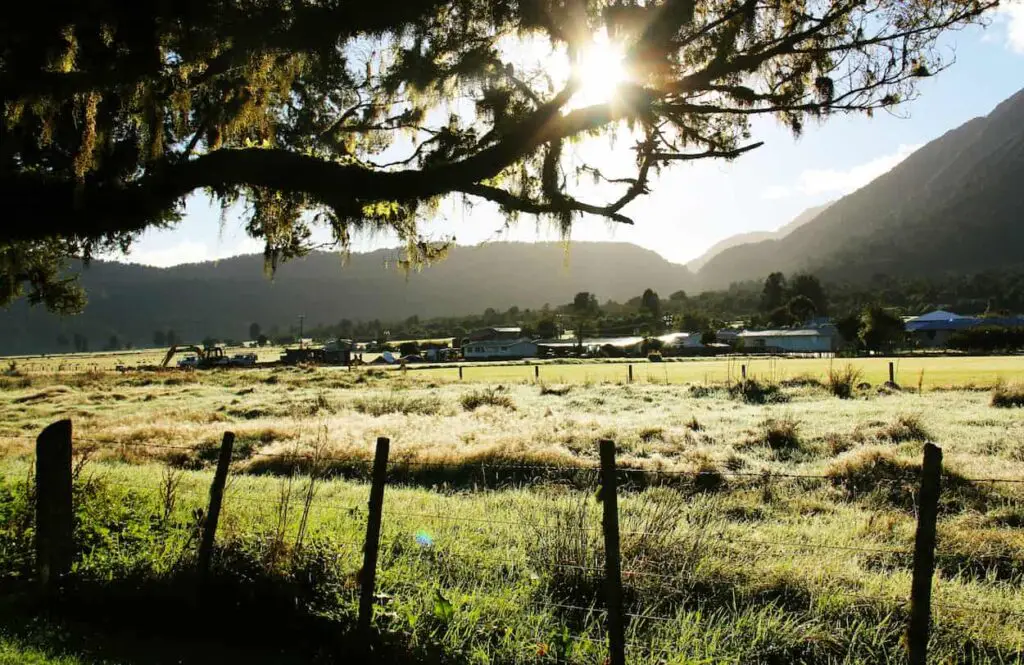
As said before, the process of purchasing land is more complex and demanding than buying a home. The steps involved in purchasing land in New Zealand are:
- Look around
When it comes to buying land, knowledge is power. The more information you have, the better. Look into the different types of land available, the trends in the market, the cost of the sections you’re viewing, and advice about buying land.
Search through the sections available, how you will pay, what loans you might need, and who you need to contact.
Then, narrow down your search by having a detailed and clear view of what you’re getting yourself into.
- Rules and restrictions
Go through the rules and restrictions of buying land and the types of ownership according to your residency or visa permits. Do not indulge in false fantasies. Rather, keep matters straight and follow the guidelines to avoid troubles later on.
In the case of a foreigner, apply for consent to the Overseas Investment Office beforehand.
- Quote and agreements
When looking around, you have probably gathered several professionals suitable for the job. Among them, there must be an agent or seller for direct dealing.
As a client, provide complete details with every step to your agent so they can have an idea of the initial and final quotes. Then make an offer for the purchase price.
Contact lawyers to do things in legal terms. Once you have come to a decision, agree on a purchase price. Sign the purchase agreement, and most of your job here is done.
- Receive the title to your new property
You can’t say you have purchased and acquired property until you transfer the papers to your name. This is the duty of the legal team, but do make sure that they don’t try to take advantage of you.

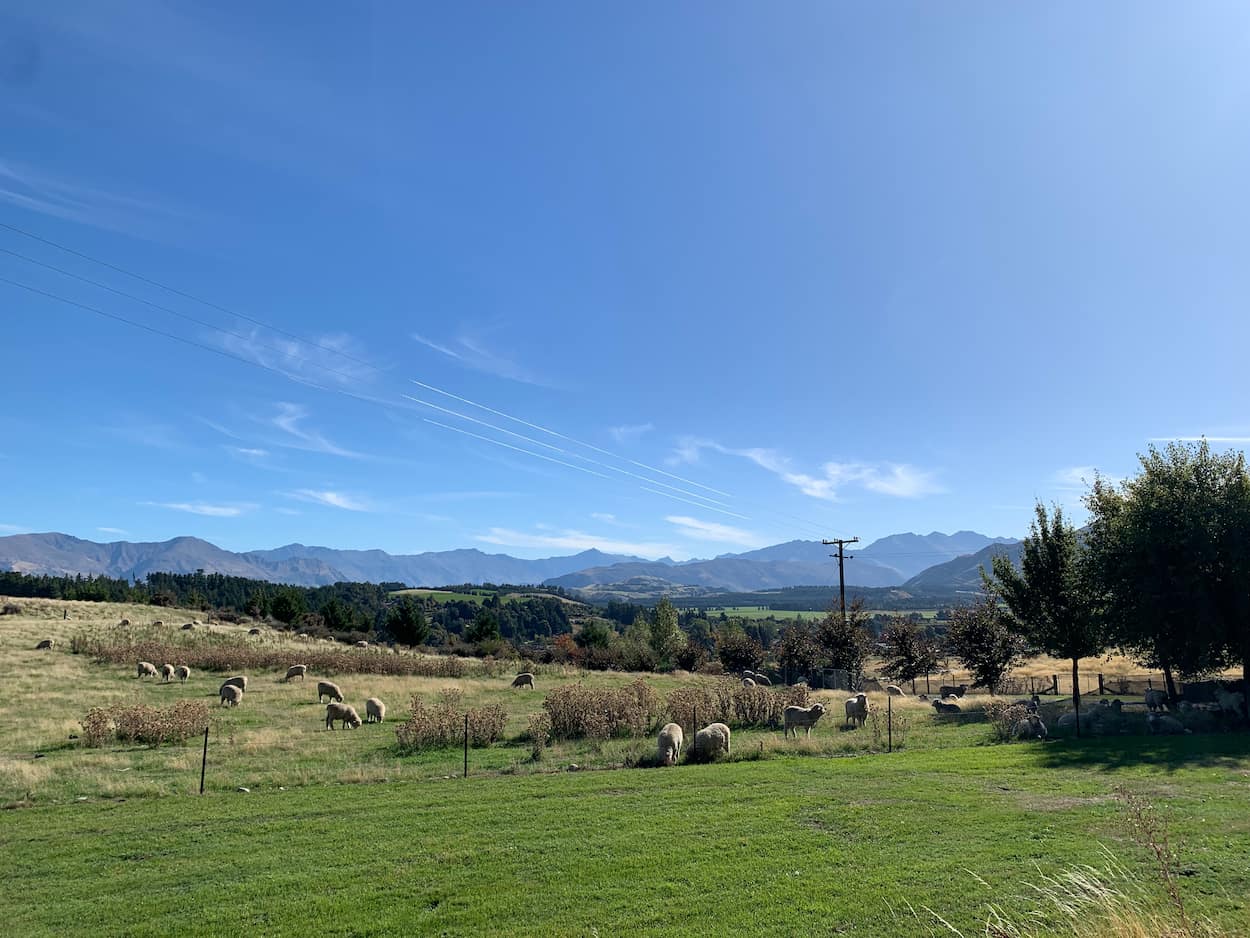
![Can You Drink Tap Water in New Zealand? [2024]](https://simplenewzealand.com/wp-content/uploads/2023/05/fotor_2023-5-3_13_31_6-768x511.png)
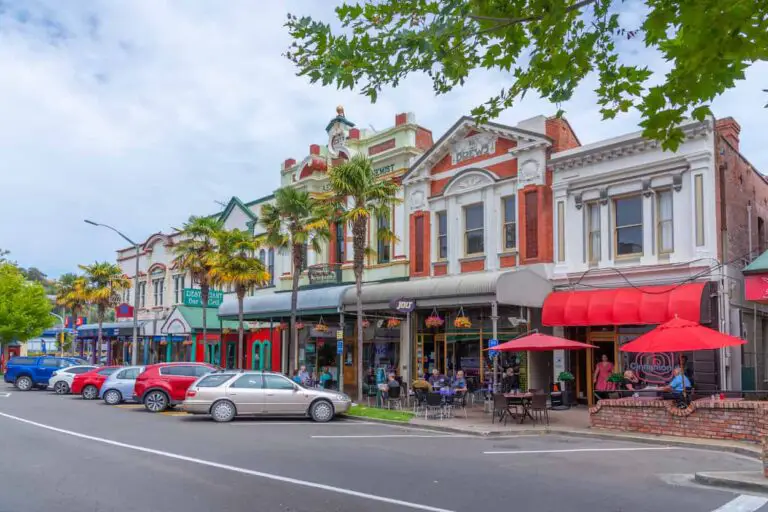

![17 Best And Worst Suburbs in Christchurch [2024 Guide]](https://simplenewzealand.com/wp-content/uploads/2023/09/Park-Hagley-CHCH-768x512.jpg)

![Cheapest Way To Build a House in New Zealand [2024]](https://simplenewzealand.com/wp-content/uploads/2023/04/new-zealand-g2792f4d95_1280-1-768x432.jpg)